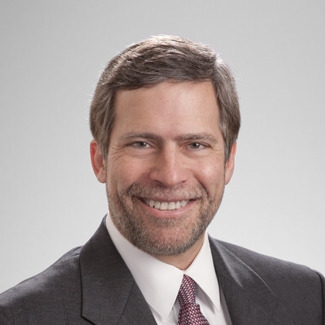|
Download the Media Review | JW in the News | 100 Years of History
Bob Latham Bulletin
On November 22, I watched as Johnny Calvin Brewer was presented by the Chief of the Dallas Police Department with the Departmentís highest civilian award for his actions exactly 48 years earlier. Kennedy-ologists may recognize the name Johnny Calvin Brewer as the shoe store employee who, on November 22, 1963, saw a man acting suspiciously just outside his store as police sirens sounded on the street. Brewer followed the man to the Texas Theatre and had a Theatre employee call the police while Brewer personally guarded the back entrance. When the police arrived, Brewer directed them to where the man was sitting, and Lee Harvey Oswald was arrested. While watching the presentation, I couldnít help but be struck by this thought: Damn Ė itís too bad Johnny Calvin Brewer did not work in the Penn State locker room in the 1990s, or he might once again have been able to alter history.
In the wake of the Jerry Sandusky scandal, Iíve had many a conversation about who should have told what to whom. Iíve heard several defenders of those in the Penn State football organization who failed to act like Johnny Calvin Brewer suggest two excuses for such inaction: 1) you had better be very sure before you make an accusatory call to police Ė we donít want a society of Gladys Kravitzes (she being the nosy neighbor on Bewitched), and 2) you could be sued if you make a call to the police and it turns out that Sandusky was indeed just ďhorsing around.Ē I should make clear that I donít buy either of these arguments when the conduct at issue is what Sandusky has been accused of. But the second reason is particularly troubling, as it reveals that the free speech protections for a concerned citizen reporting matters to law enforcement authorities are little understood by reasonably enlightened members of our society. (Not that all of my acquaintances are enlightened.) Whether a state extends the privilege afforded to statements made in a judiciary proceeding to reports made to police (based on the same public interest) or whether a state provides qualified or absolute immunity for citizens making such a report, there is generally some protection against defamation actions based on statements made to law enforcement. There can be little doubt that the Jerry Sandusky saga, as well as the subsequent allegations against Syracuse Assistant Coach Bernie Fine, will cause our citizenry to become a little more Gladys Kravitz-like, especially when it comes to issues involving minors. Whether they handle themselves with the hysteria of Gladys Kravitz or with the cool precision of Johnny Calvin Brewer, the privileges and protections available to persons reporting potential criminal activity are likely to become more relevant and hopefully better understood. — Bob Latham is a partner at Jackson Walker. He can be reached at blatham@jw.com. |






